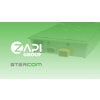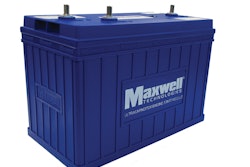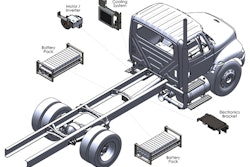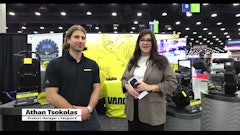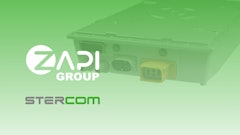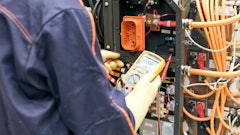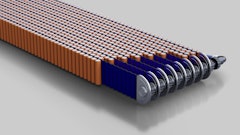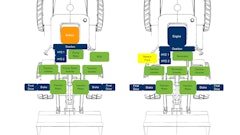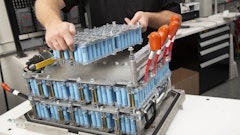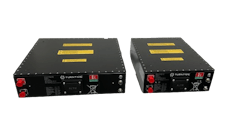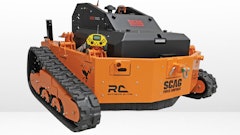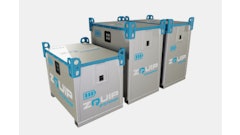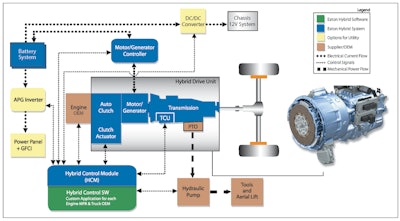
Diversified industrial manufacturer Eaton Corporation announces it is strengthening its commitment to hybrid vehicle technology by developing a cost-effective power control system to reduce the size of the system battery without a loss of battery life or vehicle performance. The fuel-efficient solution will focus on the operation of commercial-scale hybrid electric vehicles, from passenger cars to commercial vehicles.
The $2.5 million project is funded jointly between Eaton and a grant from the Department of Energy’s Advanced Research Projects Agency – Energy (ARPA-E). The goal is to reduce the size of the battery by 50% and improve the total performance of the system and its charge rate while maintaining fuel economy and overall vehicle performance.
“This project is a continuation of Eaton’s keen focus on hybrid technology development and our confidence in the value of hybrids for the future,” says Tom Stover, chief technology officer, for Eaton’s Vehicle Group. “Eaton is continuing to invest in developing the infrastructure that supports the future of the transportation industry, and this project is an example of how we are working to find safe, efficient and sustainable ways to improve hybrid vehicle performance.”
The development project will be led by Eaton’s Innovation Center team in Southfield, MI, who will work with a team from the National Renewable Energy Laboratory (NREL). Eaton’s engineers and scientists will leverage the company’s expertise in intelligent power management systems and hybrid technology with the NREL’s expertise in battery modeling and prognostics.
In addition to hybrid vehicle applications, Eaton sees opportunities to extend this technology into other areas where hybrid power management requires extended battery life, including community infrastructure, data centers, manufacturing and industrial.
“Only the best projects were chosen for this highly selective grant,” says Chris Roche, Eaton’s vice president, Innovation Center, Corporate Technology. “This type of grant is designed to fund highly transformative technologies, and Eaton and ARPA-E believe this technology is a true game changer in the area of hybrid power management.”
This is the second ARPA-E grant that Eaton has received within the past month. The other project was a $3.4 million grant to develop affordable home refueling stations for natural gas vehicles.
Eaton also has received Department of Energy grants in the past 12 months for the development of technologies for compressed natural gas, research on waste heat recovery for commercial vehicles, and fuel cell expander research.


